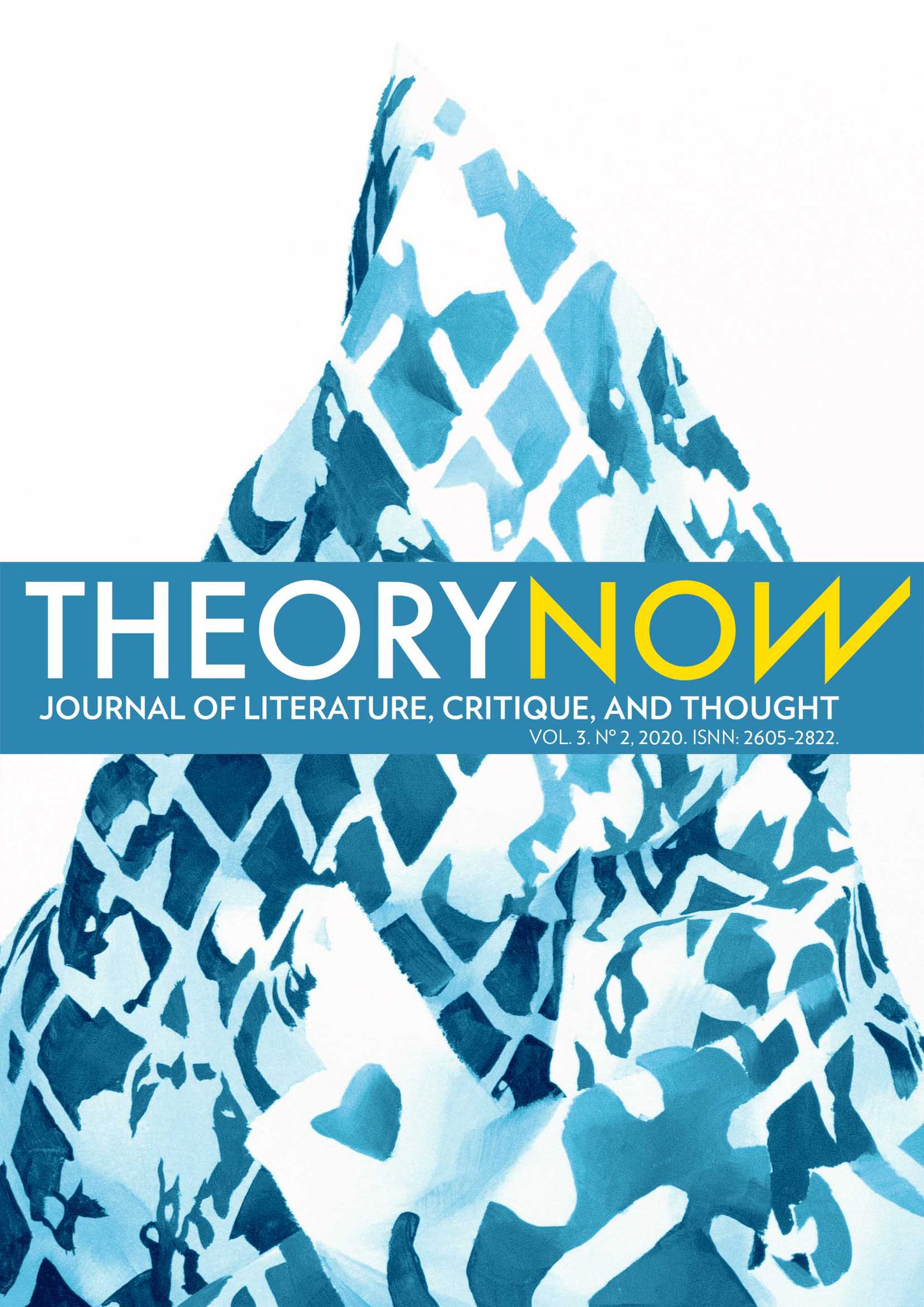The Cantigas, the Court, and Bourdieu
DOI :
https://doi.org/10.30827/tn.v5i1.22810Résumé
In September 2017, the contemporary Galician poet Chus Pato described trobar in terms of the following synonyms: “Trobar, atopar, xirar, rodear, dar a volta a algo, ir derredor, rodar a palabra, darlle voltas”. Inspired by this, my article studies, from a social angle, why and how medieval troubadours using Galician-Portuguese “located”, “surrounded”, “spun around”, “returned upon”, “circled behind”, “encircled” and “returned” to specific words or conventions within the space of the court. In the first half of my discussion, I explore the “why” by applying Pierre Bourdieu’s theories on linguistic exchanges to the Iberian court communities in which these songs were composed and I present the “how” via case studies taken from a subset of cantigas labelled as being of “género incerto” by one of the main online databases of medieval Galician-Portuguese lyric. In the second, I demonstrate how we can use Bourdieu’s definitions of “field”, “habitus” and “cultural capital” to uncover how troubadours proved their “profit of distinction” by giving one of the main conventions of the cantigas, coita, their own meaning.
Téléchargements
Téléchargements
Publié-e
Comment citer
Numéro
Rubrique
Licence
Theory Now Journal of Literature, Critique, and Thought est une publication d’accès ouvert, immédiat et totalement gratuit pour les lecteurs autant que les auteurs. Les auteurs ne payent aucun frais pour le processus éditorial de leurs articles. Nous permettons la lecture, le téléchargement, la copie, la distribution, l’impression, la recherche, le lien ou la réutilisation de tous les travaux publiés à des fins non commerciales, à condition que l’auteur, la revue et l’entité éditoriale soient cités. La diffusion des articles dans les réseaux sociaux (Facebook, Twitter, LinkedIn, etc.) et scientifiques (ResearchGate, Academia.edu, etc.), les dépôts institutionnels universitaires et autres dépôts publics, blogs et web personnels ou institutionnels, Google Scholar, ORCID, ResearchID, ScopusID, etc., est vivement recommandée. Dans tous les cas, la propriété intellectuelle des articles et les possibles droits économiques dérivés d’eux sont conservés exclusivement par leurs auteurs.













